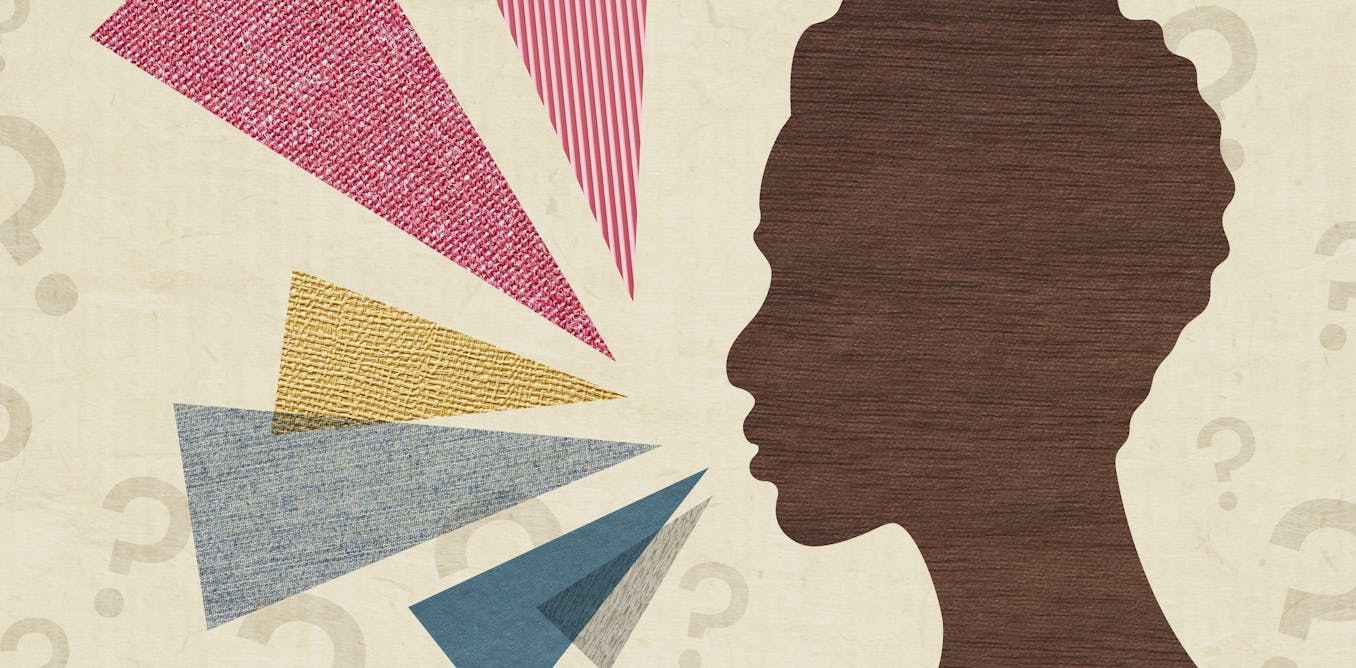
"The code was intended to ensure the event's safety, with a requirement to "avoid language or topics that could be considered inflammatory, divisive, or disrespectful". Yet distressed speakers argued it made them feel culturally unsafe. Speakers on panels presented by La Trobe university were also required to employ a contested definition of antisemitism. The incident is the most recent in a series of controversies in which progressive writers and artists have faced restrictions and cancellations, with organisations citing "safety" as the reason."
"" Safe spaces " are places where marginalised groups are protected against harassment, oppression and discrimination, including through speech like microaggressions, unthinking stereotypes and misgendering. Within safe spaces, protected groups are encouraged and empowered to speak about their experiences and needs. Similarly, " cultural safety" refers to environments where there is no challenge or denial of people's identities, allowing them to be genuinely heard. This can be crucial for First Nations communities, especially in health and legal contexts."
A Bendigo Writers Festival code of conduct prompted more than 50 authors to withdraw days before the event, citing cultural unsafety. The code asked speakers to avoid language or topics considered inflammatory, and La Trobe panels required a contested definition of antisemitism. Similar cancellations and restrictions have occurred elsewhere, including libraries asking writers to avoid Gaza, Palestine and Israel. "Safe spaces" and "cultural safety" norms aim to protect marginalised groups from harassment and enable them to speak, and cultural safety is especially important for First Nations communities in health and legal settings. These norms have been applied to public deliberation, education and political speech.
Read at The Conversation
Unable to calculate read time
Collection
[
|
...
]